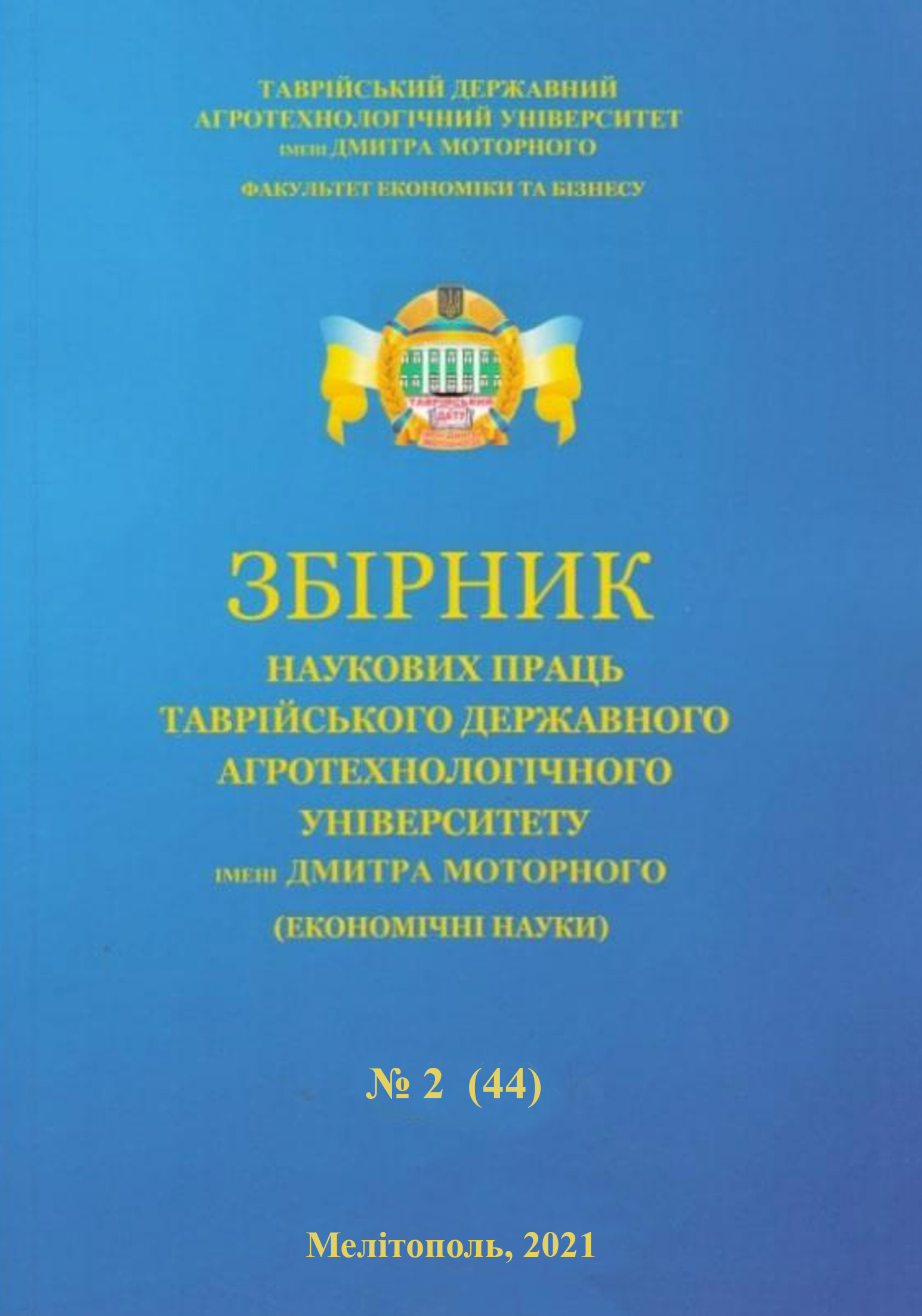ДЕТЕРМІНАНТИ АНТИКРИЗОВОГО УПРАВЛІННЯ СОЦІАЛЬНО-ЕКОНОМІЧНИМИ СИСТЕМАМИ КРАЇН СВІТУ В ЗОВНІШНЬОМУ КОНКУРЕНТНОМУ СЕРЕДОВИЩІ
Ключові слова:
антикризове управління, соціально-економічна система, інвестиційні ресурси, фондоозброєність, глобальна конкурентоспроможність, сектори економіки
Анотація
В статті розглянуто антикризове управління соціально-економічними системами країн світу в зовнішньому конкурентному середовищі. Визначено критерії вагомих ресурсів спрямованих на попередження й усунення кризових явищ, активізацію стратегічного управління. Обґрунтовано фактори, що мінімізують загрозу відпливу вагомих ресурсів до інших соціально-економічних систем та зменшують приплив нових ресурсів із високим рівнем ризику.
Опубліковано
2021-08-31

